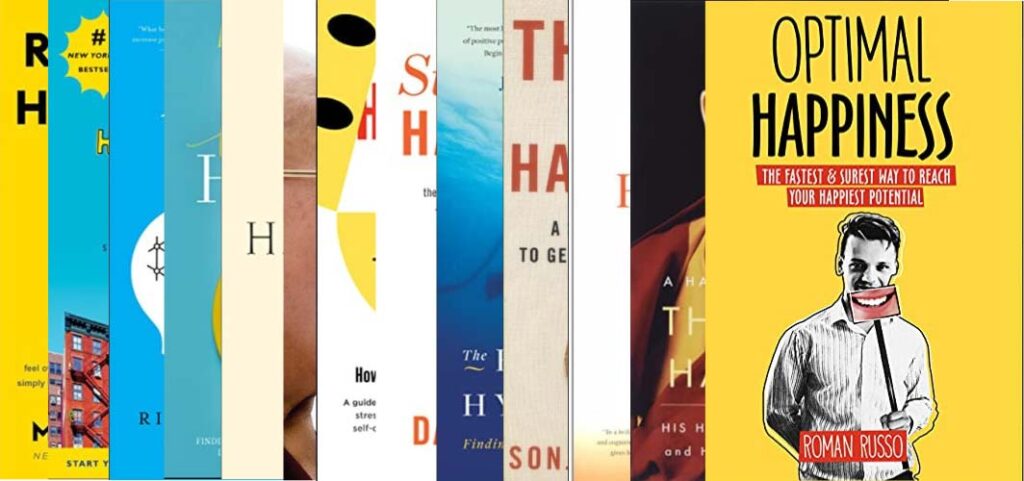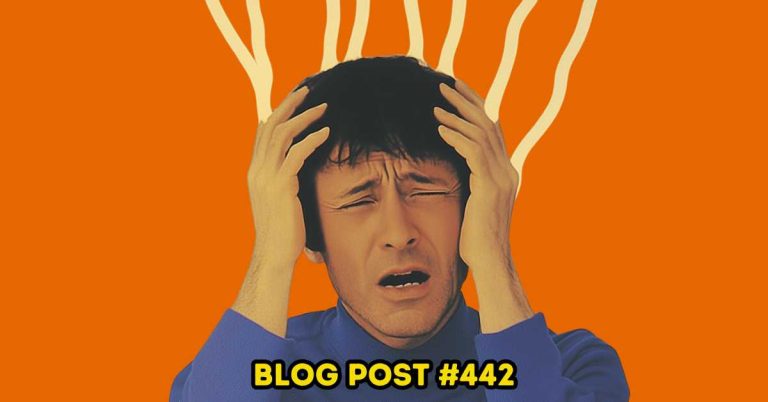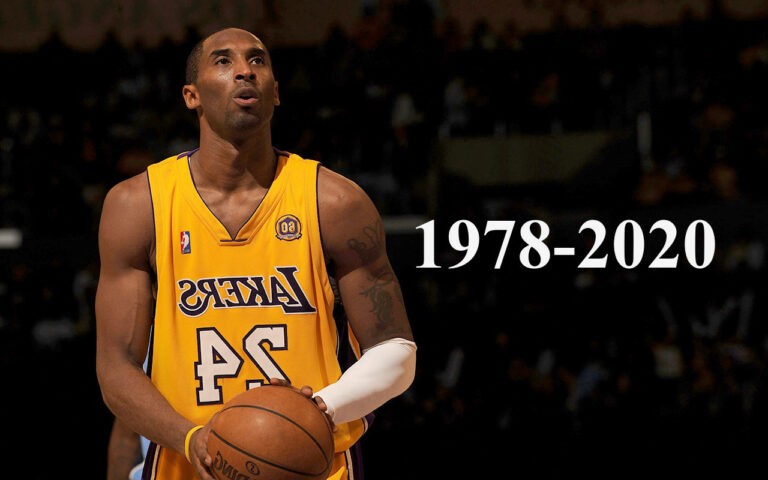
In order to write my book on the topic of happiness, I read 100 books on a similar topic. Here are my findings:
1. Every book is different
Surprisingly, every book on the topic of happiness is different. Yes, many books mention similar ideas, such as the concept of flow, but otherwise, there is little consistency.
I mean, if I pick up a book on the topic of happiness, by the end of that book, should I not know:
a) What is happiness? and
b) How can I become the happiest I can be today and forever?
If every book is different, does it mean that there are different ways to reach this goal: happiness?
Certainly, many people believe that happiness is different things, almost as if there are 7,9 billion definitions of happiness and every person has a different idea of what happiness should be. As such, either happiness is not one thing, or a lot of people are very confused as to what it takes to feel happiness in a durable way.
To counter the above statement, I believe that there is only one definition of happiness, that encompasses all the other 7,9 billion definitions of happiness, which is helpful because:
- We can learn this definition of happiness;
- See what we are missing in our lives; and
- Optimize towards our happiness potential (hence, Optimal Happiness).
2. Many books don’t address the topic of happiness
As stated above, happiness is many things, which make a lot of people experts on a part of the definition of happiness. For example, an investor banker is an expert on the topic of money, at least a very specific part of this bigger topic. And so, this investor banker can try to convince you that they can make you happier by investing your money in a profitable way. But is that real happiness? Aren’t there a lot of rich and unhappy people around the world?
In other words, if everything correlates with happiness on some level (and it does) then virtually everyone can tell you something they know about this topic, placing the word “happiness” in their titles, which is exactly what happens with a lot of books, programs, brand titles, and so on. But, realistically they aren’t addressing the core of the topic, just confusing everyone in the process.
But let me ask you: is that real happiness? After all, despite all these so-called experts, we have a record high number of stress, anxiety, and depression worldwide. Something is going seriously wrong in here and it is that most people don’t really know what happiness really is, how to be happier, and so they just beat around the bush.
After that slogans like “happiness is elusive” and “we can’t be consistently happy” are not far around the corner, being falsely advertised by people who practically speaking have no idea what it really takes to feel happy today and forever.
3. 10 tips on happiness
And then there are books that offer random lists of advice on happiness, hence 10 tips on happiness. I mean, 10 is just a random number, with some authors offering 20, 30, 100, or more tips, hoping that if any of these advice sticks, people will be happier.
But here is a problem with this approach: it works but to a limited extent. As soon as people are done following the latest happiest advice they realize that they are still unhappy jumping into the next and the next 10 tips on happiness, never realizing that all their lives they have been following some happiness advice and running around in a circle unable to feel happy.
Simply said, random 10 tips on happiness won’t make you happy. If they did, you would be happy already.
And so, 10 random tips on happiness work to a limited extent, but a proper way to become happy is to follow:
- A proven A to Z formula that isn’t interesting in beating around the bush,
- Avoiding many pitfalls of happiness,
- Leading to the fastest and surest way to achieve own happiest potential
PS: this last sentence is a subtitle of my book Optimal Happiness.
4. Scientific literature on topic of happiness
Personally, I find these books the most interesting, as they can often teach me something new on the topic of happiness.
However, the formula for Optimal Happiness is already written and perfected. We already know the fastest and surest way to go from A (whatever state of happiness or unhappiness we find ourselves in our lives today) to Z (our happiest potential).
So yes, even I can learn something new, but is it important? Rarely. Only for geeks like me who are consistently reading more and more about this topic, forever being fascinated about what happiness is, at the same time providing one solution for happiness that works, so you don’t have to waste your time sorting through these 100+ happiness books, instead reading 1 book, or attending 1 course, or 1 lecture on happiness.
Still, most scientific books usually address a very specific part of the topic of happiness, not the full topic. In other words, they offer another 10 tips on the topic of happiness, not a full solution.
5. Addressing the gap in the literature
And so, as far as I can tell, no one has a full overview of what happiness is and how we can become the happiest we can be in the most effective and efficient way possible.
I mean, some people did try to do this, but for one reason or other, they fell short of this grand goal.
And so Optimal Happiness is the first course that addresses this very important goal of becoming our happiest self today and forever in the fastest and surest way possible, without beating around the bush, making happiness guaranteed!
- Read our book “Optimal Happiness” here.
- Attend “Happiness: From Beginner to Expert” here.
- Get familiar with everything else we do here.















1 thought on “I’ve Read 100+ Books on Happiness. Here is What I Found”
Pingback: Would You Rather Cry in a BMW Than Smile on a Bicycle?